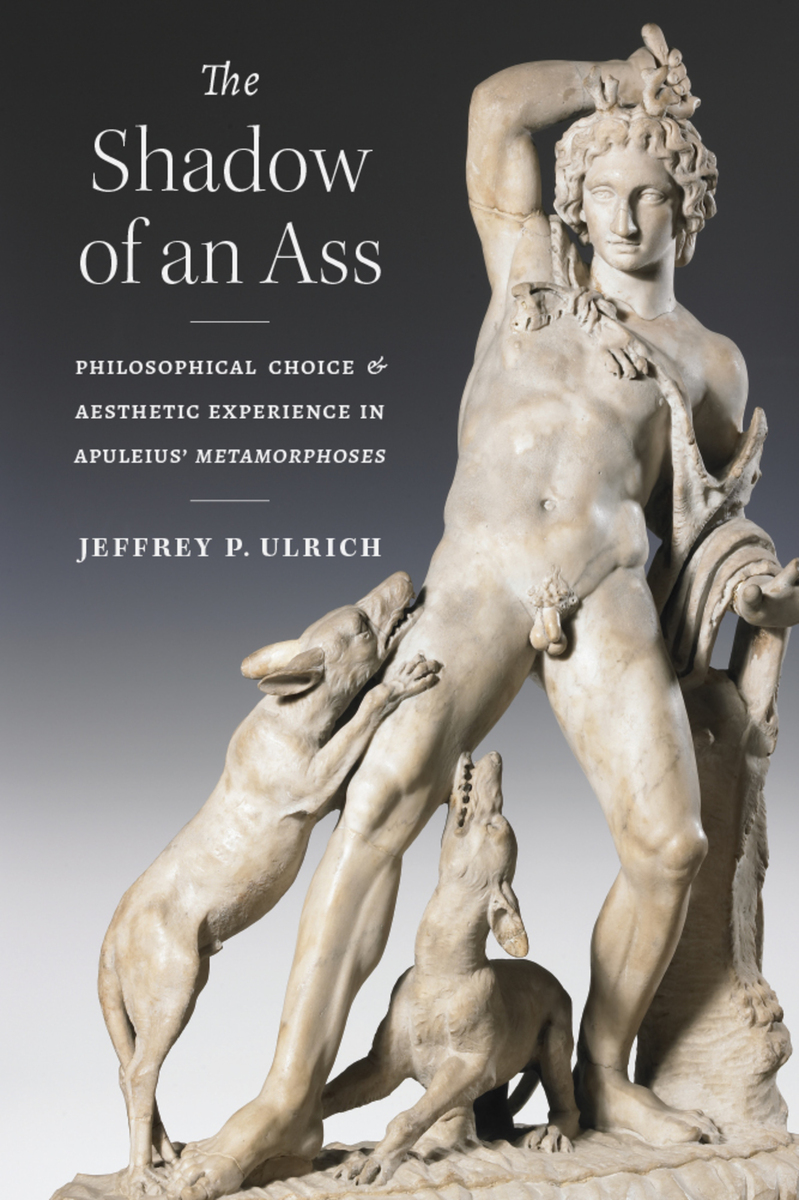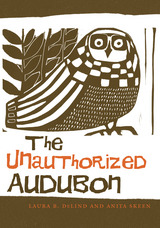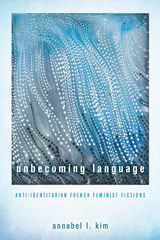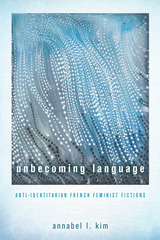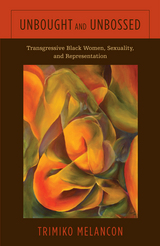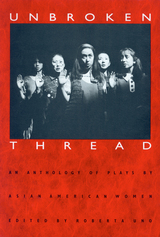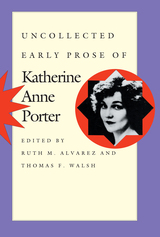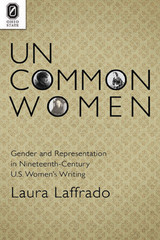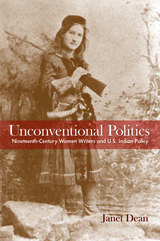The Shadow of an Ass: Philosophical Choice and Aesthetic Experience in Apuleius' Metamorphoses
University of Michigan Press, 2024
Cloth: 978-0-472-13356-7 | eISBN: 978-0-472-22192-9
See other books on: Aesthetic Experience | Apuleius' Metamorphoses | Drama | History & Surveys | Shadow
See other titles from University of Michigan Press
Cloth: 978-0-472-13356-7 | eISBN: 978-0-472-22192-9
ABOUT THIS BOOK | AUTHOR BIOGRAPHY
ABOUT THIS BOOK
Jeffrey Ulrich’s The Shadow of an Ass addresses fundamental questions about the reception and aesthetic experience of Apuleius’ Metamorphoses, popularly known as The Golden Ass, by situating the novel in a contemporaneous literary and philosophical discourse emerging in the Second Sophistic. This unique Latin novel follows a man who is accidentally turned into a donkey because of his curiosity, viewing the world through a donkey’s eyes until he is returned to human form by the Egyptian goddess Isis. In the end, he chooses to become a cult initiate and priest instead of a debased and overindulgent ass. On the one hand, the novel encourages readers to take pleasure in the narrator’s experiences, as he relishes food, sex, and forbidden forms of knowledge. Simultaneously, it challenges readers to reconsider their participation in the story by exposing its donkey-narrator as a failed model of heroism and philosophical investigation. Ulrich interprets the Metamorphoses as a locus of philosophical inquiry, positioning the act of reading as a choice of how much to invest in this tale of pleasurable transformation and unanticipated conversion. The Shadow of an Ass further explores how Apuleius, as a North African philosopher translating an originally Greek novel into a Latin idiolect, transforms himself into an intermediary of Platonic philosophy for his Carthaginian audience.
Situating the novel in a long history of philosophical and literary conversations, Ulrich suggests that the Metamorphoses anticipates much of the philosophical burlesque we tend to associate with early modern fiction, from Don Quixote to Lewis Carroll.
Situating the novel in a long history of philosophical and literary conversations, Ulrich suggests that the Metamorphoses anticipates much of the philosophical burlesque we tend to associate with early modern fiction, from Don Quixote to Lewis Carroll.
See other books on: Aesthetic Experience | Apuleius' Metamorphoses | Drama | History & Surveys | Shadow
See other titles from University of Michigan Press
